
What Religious Acts Are Protected in the Workplace?
Religious freedom is incredibly important to the people of this country. For many, this includes being able to practice their religious beliefs...

The Impact of Unconscious Bias on the Workplace
At Barrett & Farahany, we often talk about the effects of workplace discrimination and its many different forms, but one that is...

Damages in a Wrongful Termination Case
Wrongful termination can have severe financial and emotional consequences for workers. In a wrongful termination case, an employee can seek damages for...
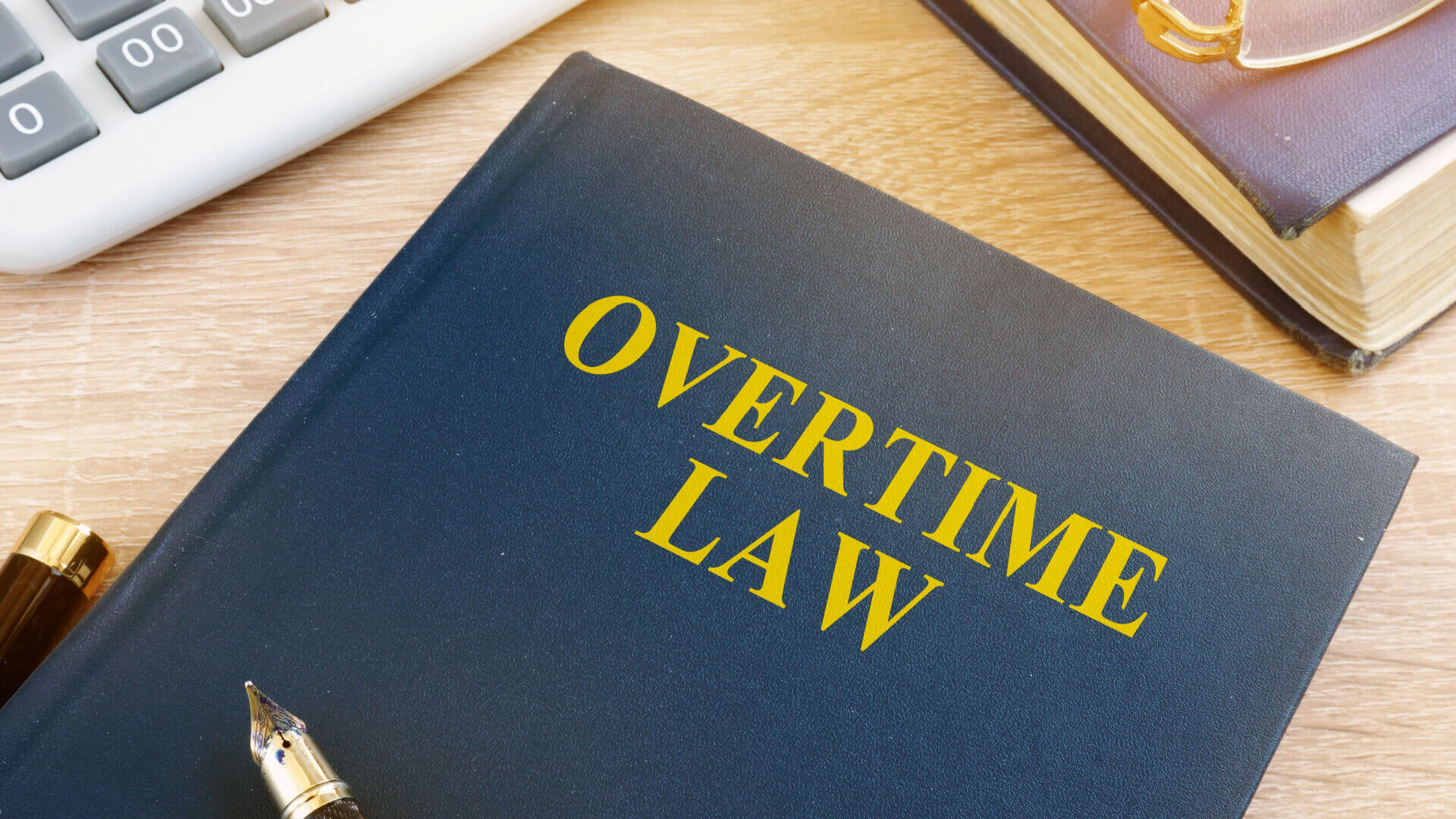
Overtime Discrimination: Unveiling Gender and Racial Disparities
Most U.S. employers are required to pay their eligible employees overtime pay. But that may not always be the case. Overtime discrimination...
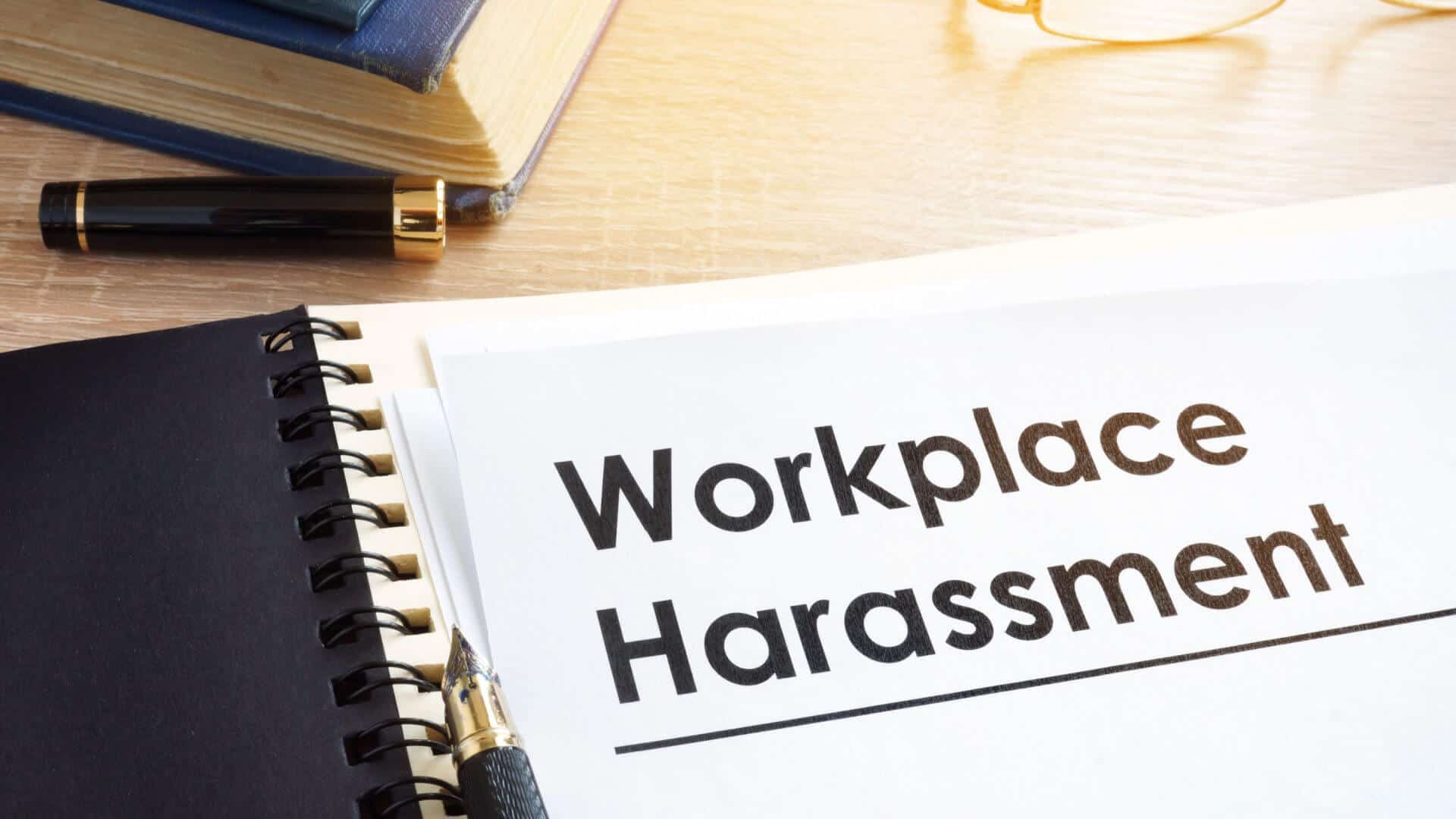
Filing a Workplace Harassment Complaint: Step-by-Step Guide
How do you place a workplace harassment complaint? Find out in this blog with the help of our qualified workplace harassment lawyers.

How Does At-Will Employment Work?
At-will employment means that businesses can hire and fire people whenever they want. Businesses view this as a good thing because they can adjust their workforce whenever. It’s not as great for employees because it also means that often people don’t have job security. In fact, they can be let go without warning or cause. This can make it hard for people to prepare for the life ahead of them.

What is Quid Pro Quo Harassment?
Quid pro quo is Latin for “this for that.” There is nothing inherently wrong with a quid pro quo agreement, so as long as it is between equals offering favors that are appropriate and non-threatening. For example, you can offer to trade assignments or trade schedules with co-workers if your employer allows it. It’s also not quid pro quo harassment if two people of equal position offer or trade one favor for a sexual favor. That situation is sexual harassment, not quid pro quo harassment.
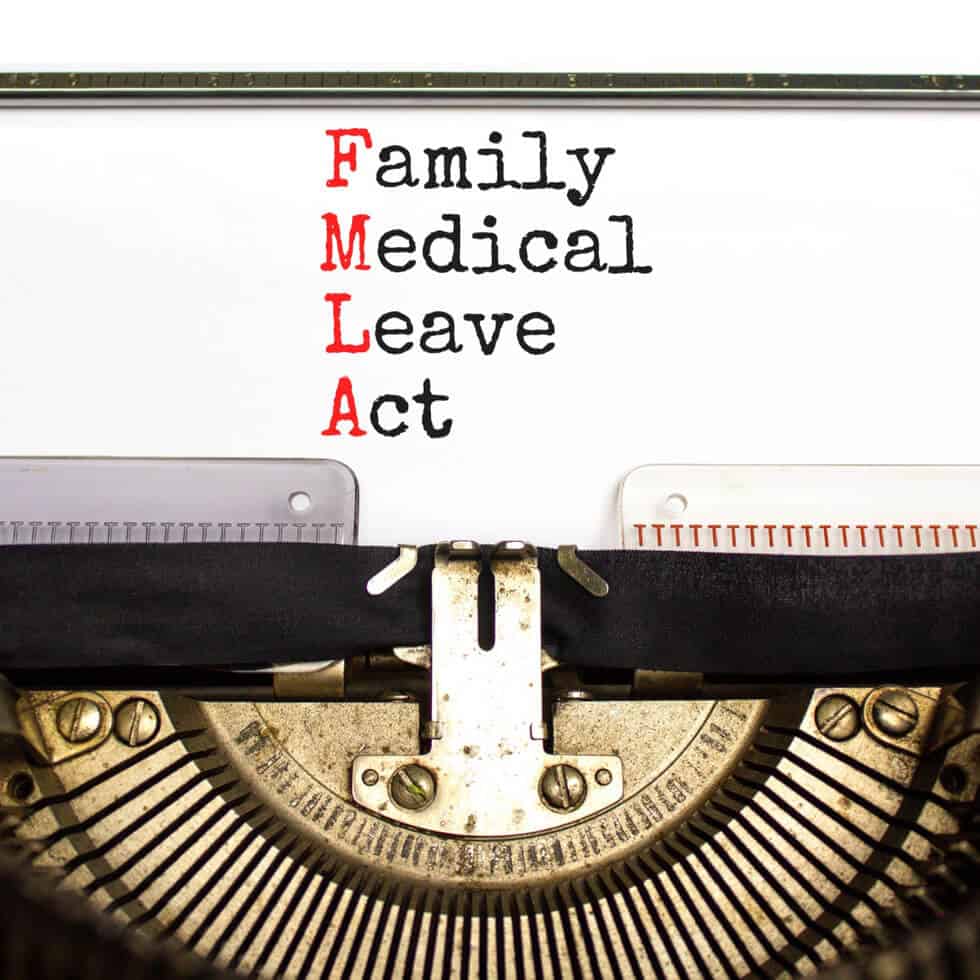
FMLA vs. Paid Family Leave: Key Differences and Similarities
At-will employment means that businesses can hire and fire people whenever they want. Businesses view this as a good thing because they can adjust their workforce whenever. It’s not as great for employees because it also means that often people don’t have job security. In fact, they can be let go without warning or cause. This can make it hard for people to prepare for the life ahead of them.

FLSA: Exempt vs. Non-Exempt Employees
Have you heard of the Fair Labor Standards Act of 1938 (FLSA)? It’s a federal law that provides many protections and benefits to workers, particularly regarding minimum wage and overtime requirements. It also set forth laws about business recordkeeping and youth employment standards. To enforce t…

FMLA Violations: Common Examples and What to Do If You Experience Them
Workplace incidents involving FMLA Violations are more likely to happen than you can imagine. Learn more about FMLA Violations, examples, and how a lawyer can help in this post.

Is Harassment a Form of Discrimination?
Many people go through harassment in the workplace, but is it a form of discrimination they can make claims against? Find out with the help of Barrett & Farahany.

What is Considered a Hostile Work Environment?
You’ve heard the term, but what does working in a hostile work environment actually mean? Learn more from Barrett & Farahany.

How to Combat Workplace Sexual Harassment
Employers can take many steps to help combat sexual harassment. If your employer has not protected you, contact our sexual harassment attorneys today.

Signs of Employment Discrimination
Can you recognize employment discrimination? Here are several common signs of discrimination in the workplace.

What is a Protected Class in the Workplace?
When is discrimination in the workplace illegal? Barrett & Farahany can help you learn more about protected classes in the workplace.

What Is Considered Workplace Sexual Harassment?
Recognizing sexual harassment in the workplace is not always easy. Barrett & Farahany can help you understand when this may be unlawful.

Ways Retaliation Occurs in the Workplace
Retaliation can occur in many different ways. Learn more about some of the common ways retaliation may take place in the workplace.

What to Do When You’re Being Sexually Harassed at Work
Many don’t know what to do when they experience sexual harassment at work. The attorneys of Barrett & Farahany are here to help.
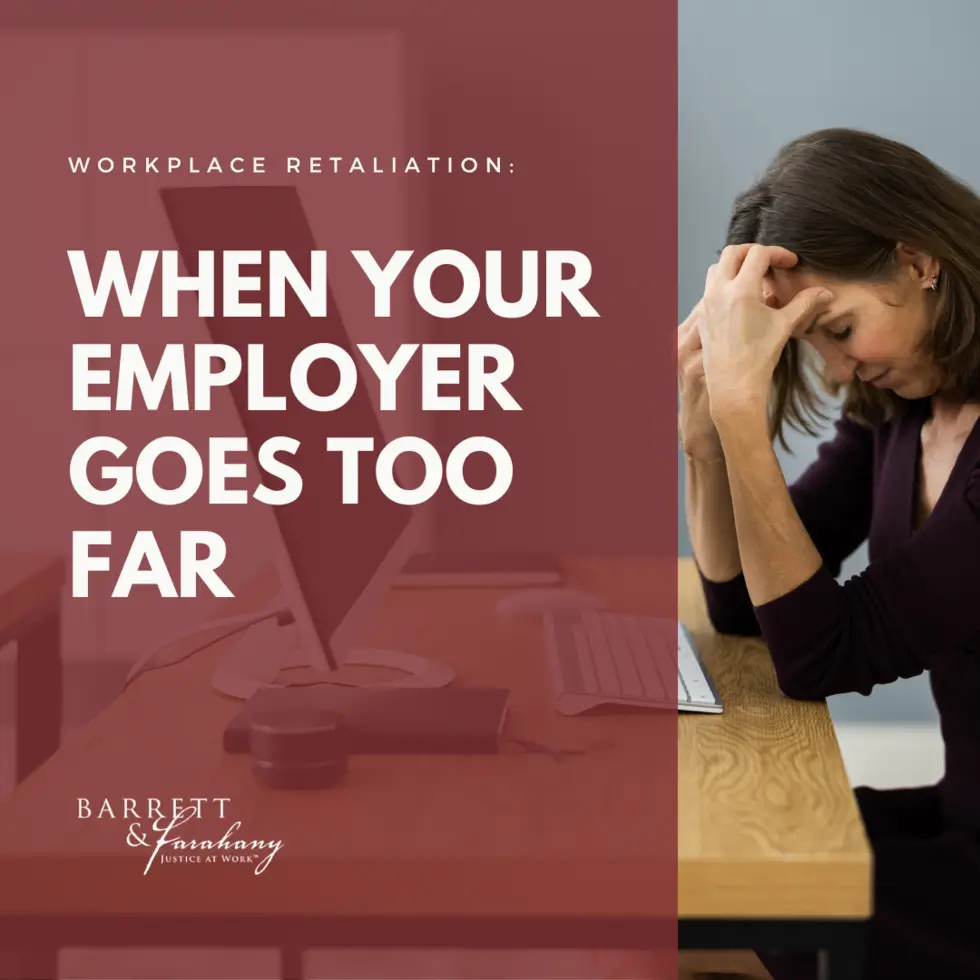
Workplace Retaliation: When Your Employer Goes Too Far
You might have been a victim of workplace retaliation without even knowing what workplace retaliation is. Therefore, we first need to understand what workplace retaliation is. Workplace retaliation is a widely encompassing term and can consist of many different things. Perhaps the best way to des…

FMLA: Who is covered by the Family Medical Leave Act?
The Family Medical Leave Act, more commonly known by its acronym FMLA, is a labor law designed to provide certain rights to workers. Under the FMLA eligible employees can take up to 12 weeks of unpaid leave each year without facing job loss threats. However, such leave can only be granted under c…

How To Prove A Hostile Work Environment?
Hostile work environments are not the easiest things to prove, but there are clear signs and evidence that you can consistently find across many examples. The attorneys at Barrett & Farahany can use these signs and evidence to prove that you and others have suffered a hostile work environment at the hands of your employer.

Pregnancy Discrimination in the Workplace
Pregenancy discrimination is a reality faced by many women in the workplace whether they are in low-wage, physically demanding occupations, high-wage occupations, or even workplaces dedicated to supporting women. So, what exactly is pregnancy discrimination? Pregnancy discrimination is essentiall…

Fostering A Healthy Workplace Culture
Fostering a healthy workplace culture is known to increase not just employee well-being but client satisfaction as well. Read more about what kind of benefits you can reap by fostering a healthy workplace culture, and what Barrett & Farahany has to offer when it comes to working at our firm.
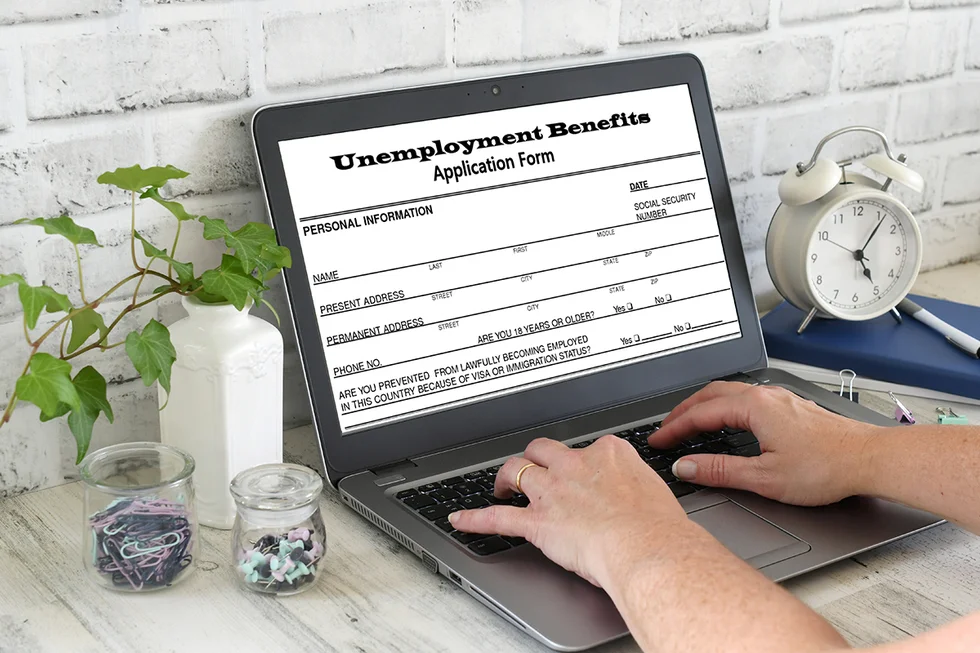
Should I get a lawyer for an unemployment appeal?
After receiving a denied unemployment claim, you have a chance to make an appeal. But the timeline is tight, the process can be complicated and it’s certain that your former employer will have legal representation. That’s why a lawyer who specializes in unemployment claims can help. Having an att…

